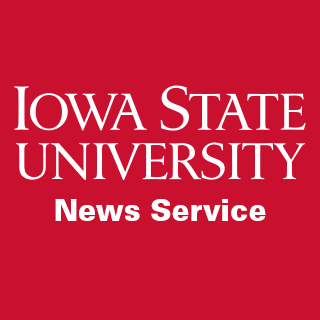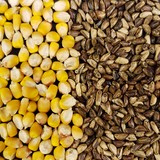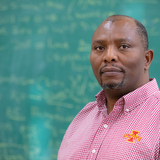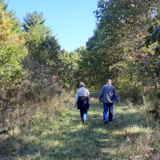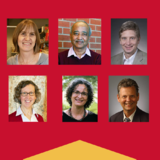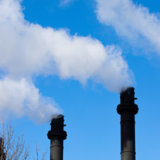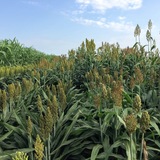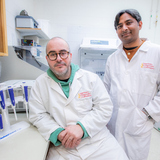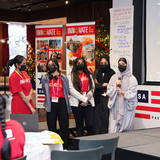News Archive
Monday, February 7 2022
-
Media advisory: Traffic stop study presentation
The city of Ames, in partnership with Iowa State University, will release the findings of two traffic stop studies conducted by CR Research Group at a joint meeting of the Ames City Council and ISU Student Government on Feb. 10.
-
Eye tracking reveals where people look during Zoom, Webex
An innovative, first-of-its-kind study used eye-tracking technology to explore what people look at during virtual meetings, finding participants looked offscreen more often during smaller, interactive sessions and that women looked at their own video more than men. This and future research may help inform the future design of videoconferencing.
-
Scientists take major step in understanding domestication of corn
Iowa State University scientists have harnessed gene editing to peer back through thousands of years of domestication to learn about teosinte, the wild ancestor of modern corn. The research allows for genetic comparisons and could lead to more resilient crops.
-
Black History Month to be celebrated at Iowa State
A variety of events are planned to celebrate Black History Month throughout February at Iowa State University and in Ames.
-
Change Agent: Martin Thuo, materials science and engineering
Martin Thuo and his research group have developed heat-free solder. They’ve printed electronics on rose petals. They’ve made “chameleon metals” that change surfaces in response to heat. With a bit of “metal whispering,” they’ve found a better way to recover precious metals from electronic waste. And now, after two and a half years of work, they’ve invented a new seed lubricant. What’s the source of that creativity?
-
ISU program aims to support healthy aging through walking
Researchers at Iowa State University are studying how adding personalized health coaches, training modules and accountability reminders to an evidence-based walking program can help seniors incorporate more steps into their daily lives. The researchers’ ongoing virtual format and the re-launch of their in-person programming this month aims to support healthy aging across Iowa.
-
World’s largest science society honors six Iowa State researchers for distinguished work
Iowa State University's latest class of AAAS Fellows includes four biologists, a statistician and a physicist. The American Association for the Advancement of Science said the fellows are being recognized "because of their efforts to advance science applications that are deemed scientifically or socially distinguished."
-
Finding a link between emissions taxes and R&D investments
After analyzing roughly 33,500 manufacturing firms across 18 countries, researchers found a strong, clear link between high emissions taxes and substantial investments in research and development.
-
Under the hood: How environment and genomes interact in plant development
A new study from Iowa State University scientists could help to breed more resilient crops as well as shed light on mechanisms that play a critical role in plant growth. The study focuses on how phenotypic plasticity, or the way a given trait can differ as a result of environmental conditions, influences the growth of sorghum.
-
The cellular response that protects pigs from COVID-19
Studies since the start of the pandemic have noted that pigs exposed to the coronavirus don’t show clinical signs of disease nor do they transmit the virus to other animals. Iowa State University scientists have uncovered important clues that shed light on why pigs don’t get sick, and the discovery could lead to better treatments for COVID-19 in humans.
-
Iowa State takes innovation program around the world
The Student Innovation Center’s Innovation Fellows Program and the Office of Admissions sought new ways to connect with prospective international students. They partnered on a new recruitment program, which engages international students in innovation education before they even step foot on campus. In December, the Innovation Fellows-in-Training program traveled to Dubai.
-
K-12 experience, population density among factors that support rural ‘brain gain’
Researchers found college graduates between 34 and 43 years of age were more likely to return to the rural communities where they grew up if they had a strong attachment to their public K-12 schools. Lower population density and overall education levels in a community also played a role.
